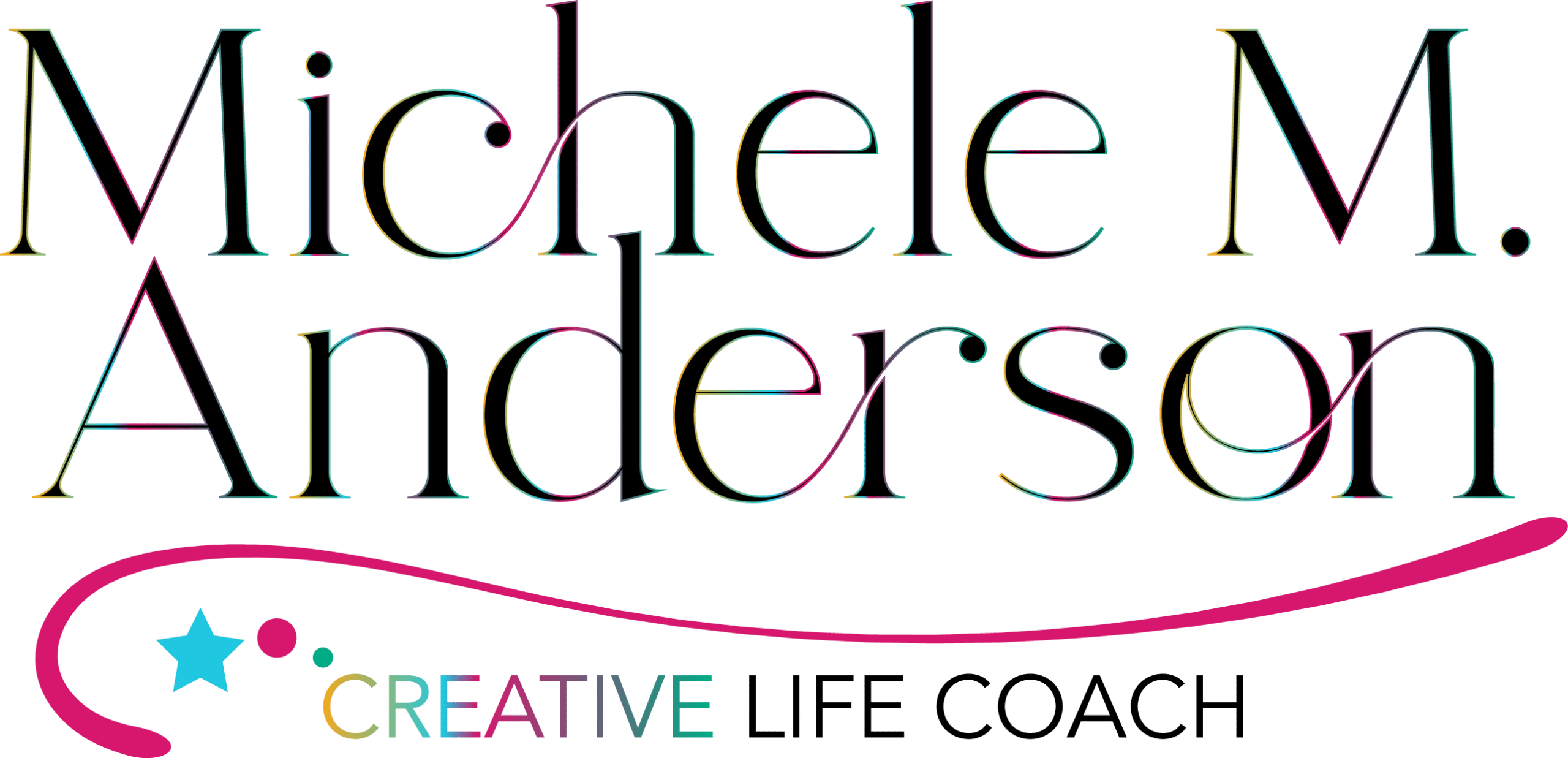
I swore off ever going to a hospital. My mother’s final few weeks in the hospital before she died were a nightmare of mishaps and miscommunications. Then I found myself rushed to the hospital myself in an ambulance on January 9th, 2023. I had an acute asthma attack and I couldn’t breathe.
My blood oxygen level was down to 70. Normal is 95. 70 is life threatening.
My husband called 911 and the paramedics arrived at just after midnight. The drive in the ambulance to the ER at Riverbend Hospital in Springfield, Oregon is a blur – a dark tunnel – I don’t remember a thing until arriving in the ER.
What followed was a near death experience that I can only describe as an existential portal. I was revisiting an old memory, tracing steps of when my mother was in the hospital, only with a new cast of characters and some surprising results.
Back in January of 2015, my mother was in the hospital and it changed her life forever. From that point on, she had congestive heart failure and she was permanently dependent on an oxygen machine. That was the beginning of a difficult final phase of life for my mother.
Then in June 2020, she was back in the hospital. This would be her last stay in the hospital. She died there a few weeks after being checked in. That final time in the hospital was a rollercoaster ride for her – far from peaceful – leaving me to grieve her passing while processing the trauma of her death.
I never wanted to see a hospital again.
So here I was, at the beginning of 2023, in the ER myself – at the same time of year as my mother’s earlier, defining hospital stay. I was haunted by all of my mother’s difficult experiences in the hospital. I couldn’t help asking myself, would I encounter the same fate?
Shaking in the ER
I was terrified as they wheeled me into the ER. I was literally shaking. They immediately applied a CPAP mask over my nose and mouth to help me breathe.
I resisted at first because my mother had a ventilator in the hospital for the last few days of her life. The ventilator mask was strapped so tightly to her face that it left marks on her face, and she couldn’t speak with it on. When she was moved to hospice care on her final day, she could only say how traumatized she felt.
Although the CPAP reminded me of my mother’s ventilator, it was not the same thing. But it looked similar, and I was freaking out. Finally, they had to give me a tranquilizer to calm me enough to put the mask on my face.
Then, I was transferred to ICU a few hours later – around 5:30 am.
When you’re faced with an emergency, ask for a team of helpers
Of course, through all of this, my husband was with me. But I needed as much support around me as possible to help me through.
I texted a friend the first day in the ICU and she responded: She would immediately begin prayers. She set her alarm to ring every hour and she said a Catholic prayer, the Infant of Prague Novena, every hour for nine hours. This is a prayer especially good for emergency situations.
As the swirling activity around me settled and I began to feel safe and familiar with the rhythms of the ICU, I recognized a profound difference between this hospital and the one my mother had been at in past years. This hospital had a spiritual mission. I found out that I was in a Catholic non-profit originally founded by two nuns. A chaplain was on site and prayers were said in the hospital chapel every morning. There is a wooden placard with a dove and the word PEACE above each door. Prayer and service are built into the hospital’s culture.
At 7 pm on the first day in ICU, I heard in my inner ear a Catholic Brotherhood singing a chant for two minutes. I saw a vision of them standing in brown robes. I took this as a positive sign of protection. Prayer invokes Divine intervention and protection as well as brings out the best in everyone.
- Reframing an experience is transformed by asking for Divine Help. I believe my friend’s prayer made for a positive experience in the ICU, the opposite of what my mom and I experienced when she was in the hospital during her final days. If you are feeling afraid, say a deep prayer or ask someone to do this for you.
When your life feels dim, change your environment
Bonnie was the ICU nurse on my first day in the ICU, a friendly, energetic woman. The first person you encounter during a major life experience is the Gatekeeper. That person sets the tone for your whole experience. In this case, love and dedication were present.
She said she had worked there for 25 years and loved her work. She was thinking of finally retiring this year at age 67. When someone says they love their work, you know you are in good hands.
While I was in the ICU, I was put through a steady series of tests and treatments every few hours: steroids, magnesium, and antibiotics all administered via IV. Respiratory nebulizer treatments. Glucose blood tests. Lung scans, and more.
Gradually, I was moved from a CPAP mask to a lighter oxygen mask. I had to communicate with pen and paper because the mask muffled my voice. I was only able to sip water through a straw. Finally, after several days, the mask was replaced with a cannula (the plastic tube beneath the nose) and I could speak freely again.
When looking for the trigger for such a severe asthma attack, all they could find was Rhinovirus (HRV), a common cold. I didn’t realize it, but for people with respiratory problems this can cause serious complications – obstruction of the airways. The lung alveoli (tiny air sacs in the lungs) swell causing wheezing and difficulty breathing. In the month prior, my ears had clogged up, an early symptom of the virus.
I had to fast for several days. By the third day, I could begin eating. Peanut butter and crackers tasted amazing! I was feeling more observant than panicked at this point.
I noticed the ICU was a beehive of activity. The floor was bustling and the lighting was bright without being harsh. Good lighting is good energy.
When my mother was in the ICU, I was struck by how dark and eerie it was. The ICU in her hospital was on the basement floor. Her room was poorly lit. The ICU felt dark and dim. There weren’t many people in the ICU, mainly staff at the main desk.
- Reframing an experience is transformed by making a positive change in your environment. Add more lighting, go to a different restaurant for that dreaded family reunion, bring live things – plants and flowers – to an event you are not looking forward to, change the seating arrangement from a rectangle to a circle, anything.

When you feel stuck, get moving
Nowhere Land is that place where you feel stuck in mind and body – a numb feeling. Drive somewhere! Walk around! Movement heals traumatized states by helping you get back in your body.
Rhonda was the occupational and physical therapist in the ICU. Her motto was GET MOVING. She interjected some fun into my third day in the ICU. She got me some pajama pants to go with my hospital gown, so my bum wouldn’t show. Then, she put me in a high tech black leather padded walker and walked with me around the ICU unit.
For a moment, I felt like Sigourney Weaver who played Ellen Ripley in the second Aliens movie (1986) ready to take on any aliens. I was standing in my mini power loader, which symbolized walking strong and being able to handle anything.
Rhonda was also the person who, on my next-to-last day, escorted me in a wheelchair from the ICU on the 4th floor to a regular hospital room on the 7th floor, a swoosh of an elevator ride and then flying down a long hallway.
When my mother was in the hospital in her last few weeks, she was irritable and afraid. Rhonda didn’t know it, but she gave me a gift. She showed me that it’s possible to have a sense of humor and fun – in a hospital. This helped me rewrite over a bad memory and make it into something good.
- Reframing an experience is transformed by having some fun and incorporating movement. Get yourself some wheels: an ebike, a golf cart, or why not a tractor? Go for a drive or have someone drive you. This will give you a natural power boost and sense of calm.

Emotional connection is crucial to healing
On my third day, late afternoon, I was moved to a regular room where doctors would monitor my oxygen levels and any asthma symptoms.
If all went well, I would be discharged the next day. As I awaited my hospital discharge, I watched the oxygen monitor and began to panic. What if I couldn’t maintain oxygen levels? Even though I was now maintaining a good oxygen level of 95, I feared the same fate as my mom – becoming dependent on supplemental oxygen.
My mother died in the hospital and her last several weeks were filled with drama. The memory of that time coursed through my veins. As I slipped into fear states again, I saw my oxygen levels dropping.
I approached the nurse’s station in a state of panic saying my mother had died in the hospital and I was feeling very anxious.
Brittany, a nurse’s assistant with twelve years’ experience as a caregiver, reminded me I that was not going to walk out of there in the same condition as my mother. I was not going to be stuck on supplemental oxygen, and now that the emergency had passed, I was looking strong and I was not about to die. She also lost her own mother a year and half ago, so she sympathized with my anxiety and fear. Her mother wasn’t easy to deal with either. She talked with me a while and I calmed down.
I was discharged the next day. My husband picked me up and Brittany accompanied us to the ground floor and outside to the car.
- Reframing an experience is transformed by having someone meet you with empathy and understanding. Talk with someone who has gone through something similar. Share the experience. Once shared, you experience a communal security blanket.
What are the key takeaways from this life experience?
- RECEIVING SUPPORT Throughout, I experienced support, from the prayers of a friend to all the help from the medical staff.
- REDEFINING what is mine and what is yours. My mother’s experience was not the same as mine. We approach life in different ways. I have the ability to define my own life experiences.
- CLEARING Reentering a similar experience with support has the potential to clear the past experience. It’s a car wash for bad experiences – you come through it renewed.
“Emotional connection is crucial to healing. In fact, trauma experts overwhelmingly agree that the best predictor of the impact of any trauma is not the severity of the event, but whether we can seek and take comfort from others.”
~ Sue Johnson, Hold Me Tight



